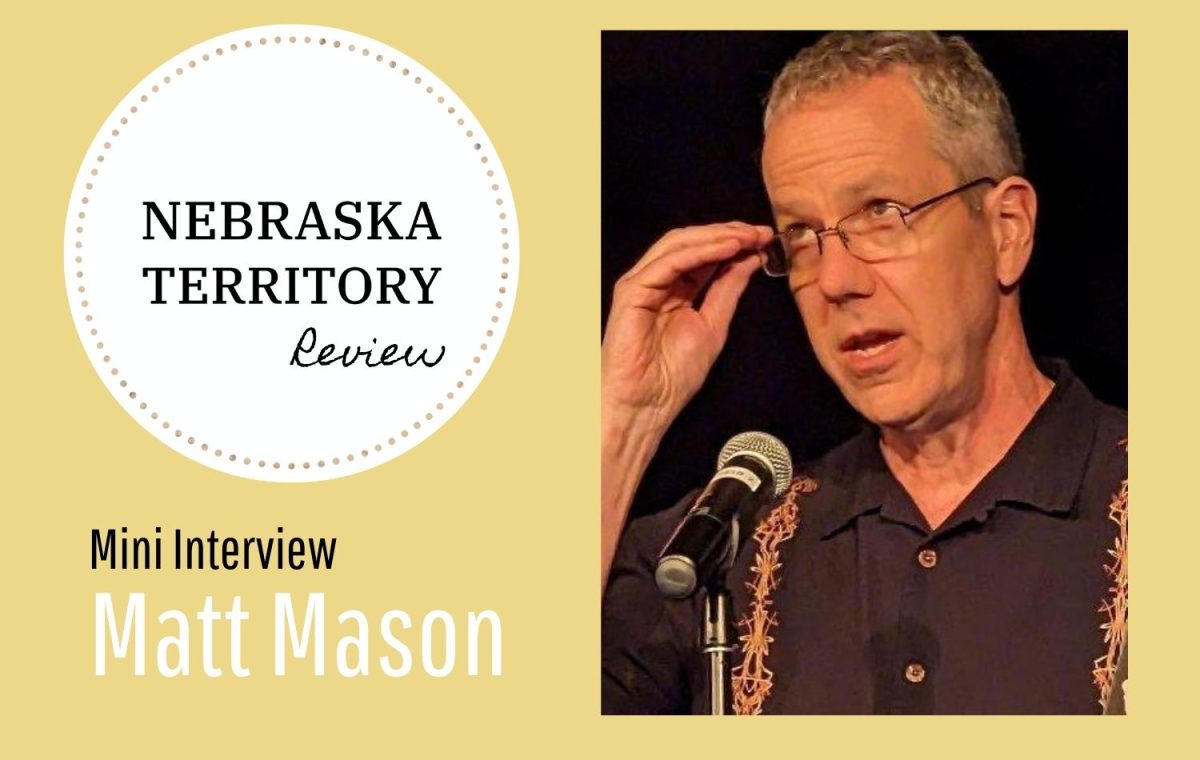How did you get into writing? Do you remember the first piece of writing?
I mean, I started writing because I was in high school and had a lot to vent. The first poem I remember writing is a sad poem about a girl I liked which no human will ever see (not that it’s horrible, it’s a good time capsule of my feelings but, well, not very interesting for most readers, I suspect). What I found was that by writing about feelings then, it helped me process and understand what was really going on emotionally. I was not very tuned in to what I felt, but writing about it helped me.
What is the hardest thing about writing?
The hardest thing about writing is just doing it. It’s finding the time, overcoming your own ego to let yourself write something which might be horrible (or might be good!), making it a priority so that you set yourself deadlines and keep them.
Which writers inspire you and how?
Ask me this same question again in 10 minutes and I’ll have different answers as there are so many to list. Patricia Smith inspires me with her ability to dig so deep and honestly into difficult subjects. Denise Duhamel inspires me with her skill at making you laugh in a poem right before she punches you in the gut, creating such powerful emotional whiplash. Ryan Boyland inspires me with his ability to make heavy things seem light with how he writes them out. Sarah McKinstry-Brown inspires me with her musicality, the sounds and rhythms of her work.
What is your writing routine?
I make myself start a new poem by Monday night. I’ve had this routine since a class in college in the late eighties. The class met on Monday nights and we had to turn in a poem each week, something I didn’t think I could do. But with the assignment, with the deadline, I saw I could find so many more poems around me than when I’d simply waited for the ideas to find me.
How did the idea for your last book, At the Corner of Fantasy and Main: Disneyland, Midlife, and Churros, come to be?
I woke up one morning shortly after turning 49 thinking about Disneyland and Disneyland History. It was weird and obsessive, like a bad sitcom, but I was subscribing to Disneyland podcasts, reading books, articles, watching YouTube videos, all to find out more, though I didn’t know why. After a couple of months of this, my wife (who’d noticed what was going on, despite my trying to hide it) asked if I was writing about it, which I wasn’t, and then told me: “You’re a writer, you’re doing research, so write.” I started writing poems and, the more I got into it, the more I found what was really going on: That I wasn’t writing poems about Disneyland, I was writing poems set in Disneyland which were about the connections made through my life with my parents, friends, family all intersecting there somehow; that I was writing about the deaths of my parents and my having a new family as much as anything else.
Are you working on anything currently?
Yes, I have a book called “Rock Stars” coming out in the fall and I’m also working on manuscripts of poems about politics and Covid, about cities and roads in America, about the Old Testament, and a few others.
What does it mean to you to represent Nebraska as the State Poet?
It’s an honor to have this title and be able to travel the state as an ambassador of poetry. It doesn’t mean I’m the best poet in the state, something I’m reminded of every day since my wife, Sarah McKinstry-Brown, is a better writer than me. It does mean, though, that I get to be in a position where I get to talk in schools, theaters, opera houses, coffee shops, and more about what makes poetry special for me and how it can for others, too.
We have been following your tour of the counties in Nebraska. What have you learned from the people you have met from across the state?
It’s a cliche, but I’ve learned that we’re all pretty much the same. We have similar worries and concerns which we all look to solve differently. And we all could benefit from a little more poetry, in finding the right poets who speak to each of us.
What advice would you give aspiring writers?
Write a lot and read a lot. And don’t think too much about what you’ve been taught a poem is supposed to be, write what you wish a poem was, write the poems you’d want to see if you walked into a poetry class: reinvent poetry by writing about what you’re really interested in in the ways that you find most interesting.
Matt Mason has run poetry workshops in Botswana, Romania, Nepal, and Belarus for the U.S. State Department and his poetry has appeared in The New York Times. Matt is the Nebraska State Poet and has received a Pushcart Prize as well as fellowships from the Academy of American Poets and the Nebraska Arts Council. His work can be found on NPR’s Morning Edition, in American Life in Poetry, and in several hundred other publications. Mason’s 4th book, At the Corner of Fantasy and Main: Disneyland, Midlife and Churros, was released by The Old Mill Press in 2022.
Follow Matt Mason:








